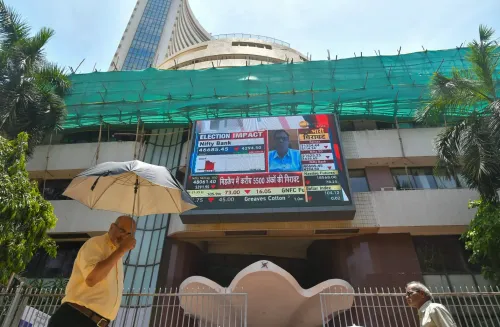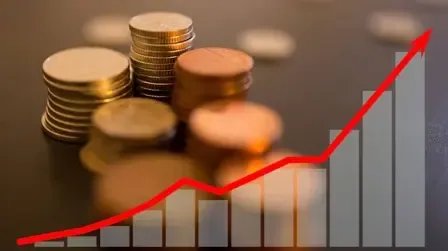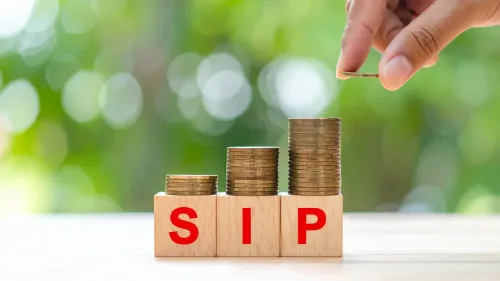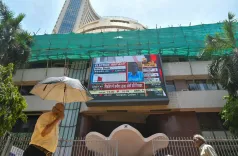Citi Foresees Minimal Impact of US Tariffs on Indian Pharma Sector
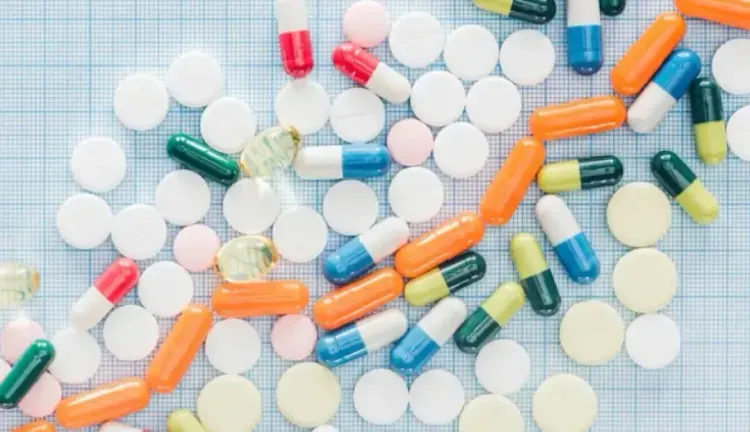
Synopsis
Key Takeaways
- Low probability of US tariffs on Indian pharma.
- 10% US tariff could impact EBITDA by 9-12%.
- Companies with lower US market exposure least affected.
- Full pass-through of tariffs to US buyers is challenging.
- US heavily relies on Indian generics for drug supply.
Mumbai, April 1 (NationPress) Global brokerage firm Citi stated on Tuesday that there is a low probability of the US implementing tariffs on Indian pharmaceuticals, despite the ongoing debates regarding this matter.
The brokerage evaluated the potential consequences of a 10 percent tariff on Indian pharmaceutical firms, especially those significantly engaged in the US generics market.
Currently, India has a 10 percent tariff on pharmaceutical imports from the US, while the US does not impose any tariffs on imports from India.
Citi's analysis indicated that some large firms could experience an EBITDA (earnings before interest, taxes, depreciation, and amortization) impact of around 9-12 percent.
However, if a portion of the tariff is transferred to US consumers, the effect might decrease to approximately 5-6 percent, although transferring the complete cost to buyers is considered challenging.
Citi also highlighted that companies with lesser exposure to the US generics market would be the least impacted by possible tariffs.
These firms possess diversified portfolios and a lower dependence on the US generics market, making them Citi's preferred choices within the Indian pharmaceutical industry.
The report emphasized that in the event of tariffs, factors such as competition, industry fragmentation, and the role of buying consortiums could hinder the full transfer of the tariff costs to US consumers.
Moreover, products competing with US manufacturers or those from non-tariff countries may not experience any cost transfer at all.
Despite the discussions, Citi maintains that the likelihood of tariffs being imposed on Indian generics remains low.
The firm pointed out that the US significantly relies on Indian generics due to the limited production of generics domestically.
Enforcing tariffs could result in drug shortages in the US if Indian suppliers exited the market. Citi's report suggests that while the enforcement of tariffs is unlikely, the impact on Indian pharmaceutical companies would vary based on their exposure to the US generics market.
Additionally, US President Donald Trump has announced a 25 percent tariff on auto imports into the US, effective April 3.

